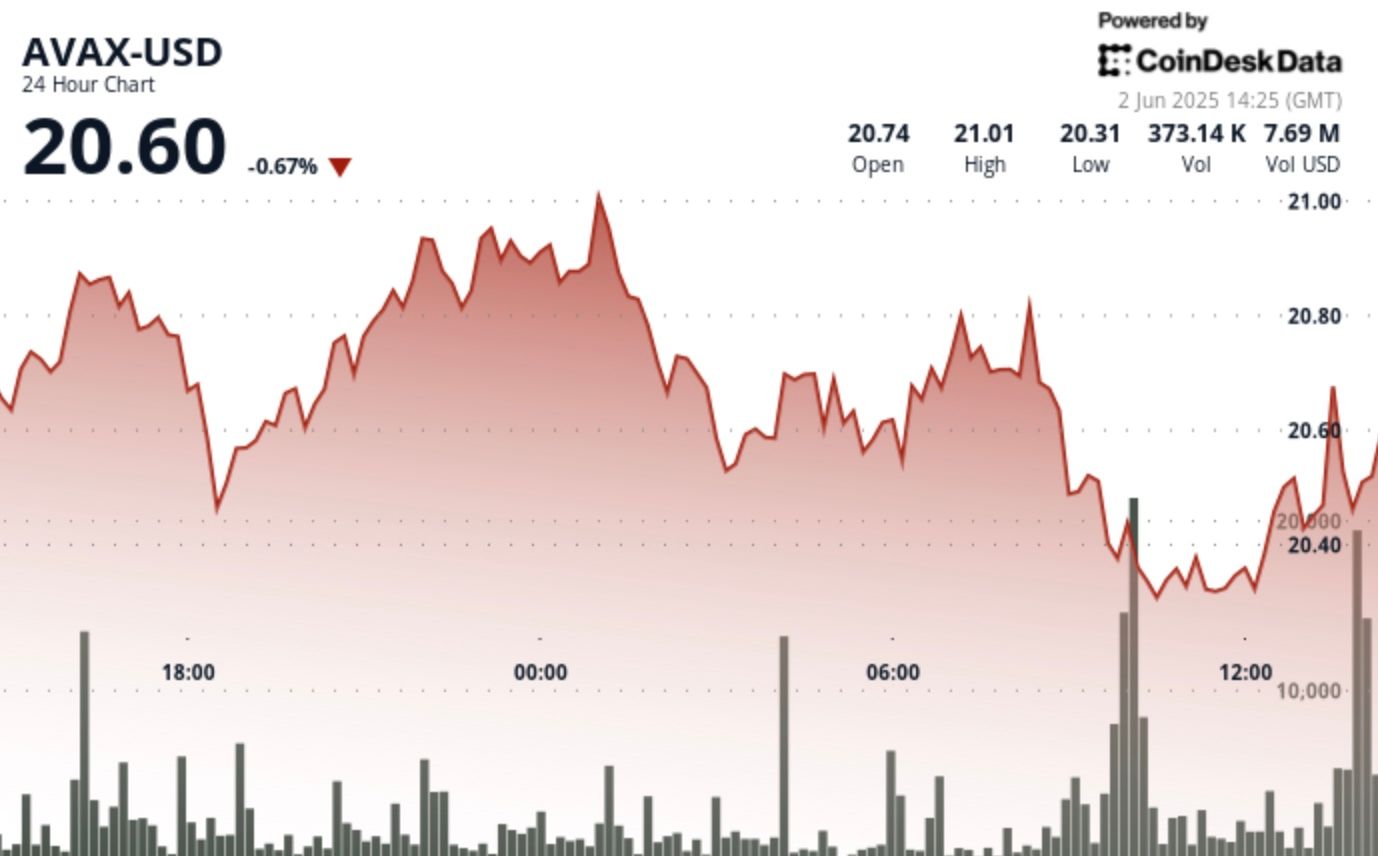Unstoppable Domains — a prominent provider of Web3 domains — recently expanded its offerings by incorporating traditional “.com” addresses.
This move marks the first instance of merging conventional Web2 domains with the evolving Web3 domain space. This integration aims to seamlessly connect the existing web infrastructure with the new, allowing users to engage with both types of domains on a single platform.
Integrating .com domains with blockchain technology goes beyond a technical achievement; it’s an effort to enhance user adoption and streamline the overall user experience.
The well-established familiarity of .com domains, deeply rooted in internet history, serves as a bridge for users transitioning into the blockchain realm, making adopting blockchain technology more accessible and inviting for a broader audience.
Unstoppable Domains CEO Matthew Gould told Cointelegraph: “Every wallet needs a domain to improve UX [user experience] for crypto. Otherwise, crypto adoption will be slower, just like internet adoption would have been slower if they used IP addresses instead of domains.”
This integration enhances individual experiences and addresses the broader industry need for a smooth transition from the traditional web to the decentralized Web3.
A spokesperson for Freename.io — a Web3 domains platform — told Cointelegraph, “Surely the familiarity of .com domains plays a significant role in making blockchain technology more accessible to a broader and already existing audience. This is because .com is the most recognized and indexed TLD in the Web2 industry.”
A top-level domain (TLD) is the final segment of a domain name — located after the last dot — used to specify a website’s category or country. Examples include .com, .org and country-specific endings like .uk or .jp.

Attaching digital wallets to .com domains creates a consolidated platform, allowing users to oversee, track and interact seamlessly with traditional and crypto assets. This integration eliminates the need for users to navigate different systems, reducing friction and enhancing overall efficiency in managing financial resources.
The future of digital identity
The inclusion of .com domains in the blockchain realm marks a noteworthy change in how we manage digital identities. This departure from conventional practices suggests a future where the distinction between regular and blockchain-driven digital identities becomes less clear.
This could lead to a new way of thinking, putting users at the center and giving them more control over their online identities. This aligns with Web3 philosophy, which questions the traditional models of identity controlled by a central authority. Instead, it aims for a fairer system where identity management is more evenly distributed.
Gould said, “If domains truly are the user-friendly and adopted way for digital identity to emerge, then identity will be able to plug into the already rich ecosystem and market for domain names and standards like ICANN [Internet Corporation for Assigned Names and Numbers] that will accelerate adoption much more quickly than other digital identity solutions that have been.”
Beyond digital identities, the integration has the potential to redefine online privacy and security standards. Blockchain’s transparency and cryptographic security add a layer of protection, addressing concerns of data breaches and identity theft.
Additional developments and effects on adoption
Freename.io is another TLD and domain platform in Web3 that allows users to register and mint personalized Web3 TLDs. Ownership of a Freename Web3 TLD entitles users to a 50% passive income for every domain purchased on that TLD.
Recent: ENS developers urge Unstoppable Domains to drop patents or face lawsuit
This presents a financial incentive, appealing to individuals and businesses seeking digital identities and additional financial benefits. This model could motivate users to engage with Freename.io, potentially driving adoption.
Additionally, Web3 domains from Freename serve as digital identities in the Web3 realm, replacing wallet addresses and offering users a unified username across various social networks. Furthermore, these domains can function as specific login credentials for decentralized applications, showcasing the versatility of Web3 domains in enhancing the user experience.
The simplicity of managing digital identities could encourage more users to adopt Web3 domains, particularly those less familiar with blockchain intricacies.
Freename.io is compatible with multiple blockchains, including Aurora, BNB Smart Chain, Cronos and Polygon. This allows users to choose the blockchain that aligns with their preferences or project requirements.
Ethereum Name Service (ENS), a decentralized domain name system on Ethereum, implements layer-2 interoperability using solutions like Arbitrum and Optimism to improve scalability and reduce costs.
The lowered costs and enhanced scalability could make it more appealing to a broader audience. This shift encourages users who may have been discouraged from getting involved in decentralized domains due to high fees on the Ethereum blockchain.
ENS also integrates web-integrated domain TLDs (.art, .box), enabling users to register browser-supported names through ENS. This introduces the concept of trading domain name system (DNS) names as nonfungible tokens on the Ethereum blockchain, expanding the utility of domain names.
ENS plans to make DNS import gasless in Q3, eliminating transaction costs and enhancing web accessibility to the ENS ecosystem. This move could attract traditional internet users by lowering entry barriers and making decentralized domain solutions more accessible to a broader audience.
Magazine: Terrorism & Israel-Gaza war weaponized to destroy crypto
Read More: cointelegraph.com









 Staked HYPE
Staked HYPE  Compound
Compound  Movement
Movement  Sun Token
Sun Token  Popcat
Popcat  Coinbase Wrapped Staked ETH
Coinbase Wrapped Staked ETH  Ether.fi Staked BTC
Ether.fi Staked BTC  Mog Coin
Mog Coin  Amp
Amp  Livepeer
Livepeer  Akash Network
Akash Network  Gnosis
Gnosis  Swell Ethereum
Swell Ethereum  Polygon Bridged WBTC (Polygon POS)
Polygon Bridged WBTC (Polygon POS)  Trust Wallet
Trust Wallet  JUST
JUST  Polygon
Polygon  Olympus
Olympus  Terra Luna Classic
Terra Luna Classic  Polygon PoS Bridged WETH (Polygon POS)
Polygon PoS Bridged WETH (Polygon POS)  Plume
Plume  Legacy Frax Dollar
Legacy Frax Dollar  Wrapped AVAX
Wrapped AVAX  Binance-Peg BUSD
Binance-Peg BUSD  Global Dollar
Global Dollar  Axelar
Axelar  Ripple USD
Ripple USD  MANTRA
MANTRA  Safe
Safe  SuperVerse
SuperVerse  Bybit Staked SOL
Bybit Staked SOL  Berachain
Berachain  Turbo
Turbo  1inch
1inch  Creditcoin
Creditcoin  cat in a dogs world
cat in a dogs world  Cheems Token
Cheems Token  Aave USDC (Sonic)
Aave USDC (Sonic)  Quorium
Quorium  BTSE Token
BTSE Token  aBTC
aBTC  Dash
Dash  Decred
Decred  Kusama
Kusama  cWBTC
cWBTC  Frax (prev. FXS)
Frax (prev. FXS)  ai16z
ai16z